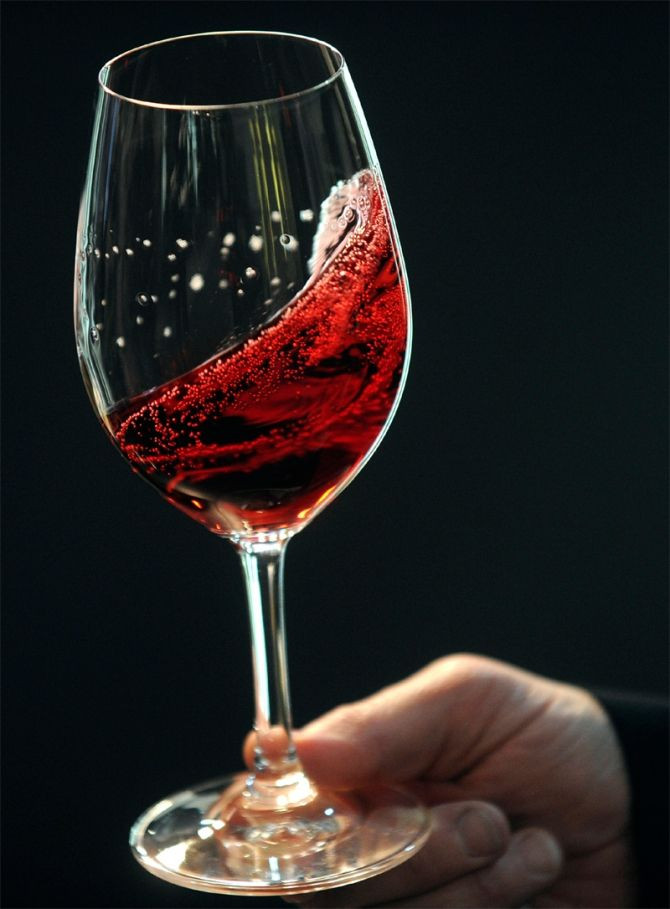Red Wine Compound Found to Extend Life

You might want to have a second glass of red wine, after all - a compound found in red wine has been found to decrease appetite and increase the lifespan of bees.
The study, conducted by researchers in Norway and in the United States, wanted to find out if the compound could lengthen lifespan, affect brain function, and affect food perception and consumption. They found that resveratrol increased the lifespan of bees by up to 38 percent. They also found that it decreased bees' appetite because the compound decreased the sensations of their taste palates.
Researchers measured how much sugar water the bees took if they were given doses of resveratrol. They found that, when given the compound, they had less sugar water. They were not starving, by any means, but they did feel less of a need to consume a certain food that they liked. It is unclear whether resveratrol is linked with caloric consumption. Restricting calories has been shown to lengthen lives in some species.
It is believed that resveratrol mainly works by activating signaling pathways. According to the study, "It has also been suggested that resveratrol may act as an antioxidant and confer protection against nervous system impairment and oxidative stress."
Though researchers are unsure whether the link exists in humans, tests on humans did find that the compound did decrease appetite.
Resveratrol has previously been shown to increase the lifespan of mice, as well as fight obesity in lemurs. Prior studies on the life-lengthening powers of resveratrol had mainly been conducted on smaller, less social organisms, like yeast, worms, and fruit flies.
Researchers theorize that stress may be the reason that resveratrol does not show to increase the lifespan of other organisms.
The study was published in a recent issue of Aging. The full article can be found here.



























